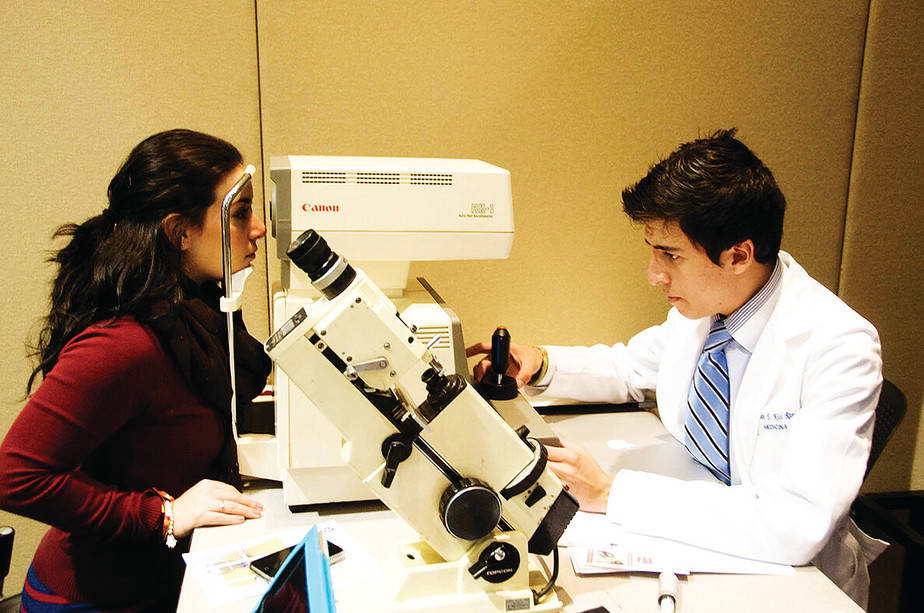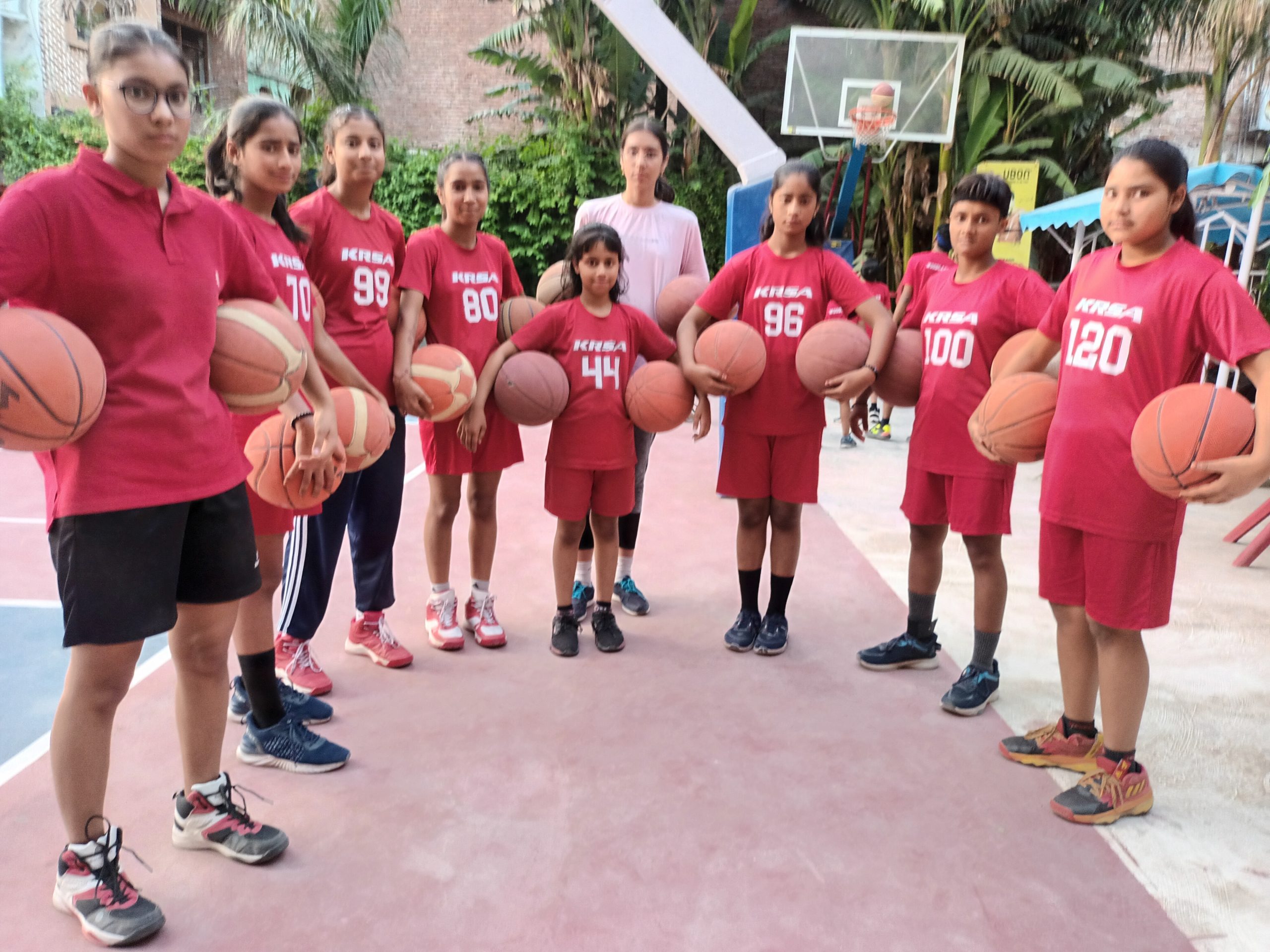Cataract is an affliction that usually comes with old age, but not everybody gets it. There are a few precautions you can take to keep your eyes sparkling
My father went in for cataract surgery last month, which is when I got interested in finding out ways to prevent this condition. He’s in his seventies and loves playing golf — the cataract was causing his swings to miss! I’m happy to report that he was back to golf in a week – with no pain. The downtime for eye surgery is really low these days.
I accompanied him to the hospital and was impressed with the precise laser techniques used these days. Still, I don’t want to end up in the operating chair one day, so I had a chat with Dr Indira Mohan of the MMEyetech Institute in Lajpat Nagar, which was both reassuring and enlightening. She has impressive credentials, having trained at the Prince Charles’ Eye Unit, King Edward VII Hospital, Windsor, UK and St Thomas Hospital, London. Her areas of special interest are paediatric ophthalmology and squint.
First, she explains the ailment in precise technical terms. “In a way, cataract may be considered as a coagulation or denaturation of protein, thus changing the elasticity and transparency of the lens causing opacification of the lens fibres,” she says.
So what can be done to avoid it? If you have diabetes, a strict control of blood sugar and avoiding fluctuations in blood sugar levels is important. Use quality sunglasses to protect the eyes from ultraviolet rays of the sun, thus reducing ultraviolet damage to the eyes and lens. She says, “A healthy diet with adequate vitamins, micronutrients along with fruits and vegetables goes a long way in preserving sight.”
Recent research has found that cataract risk can be reduced by the nutrients lutein and zeaxasnthin, which are found in eggs and green, leafy vegetables. Vitamin E is important for eye health, and it is found in nuts. To improve night vision, go for orange-coloured fruits and vegetables, like sweet potatoes, carrots, cantaloupes, mangoes and apricots.
When a doctor prescribes steroid drops for your eyes, make sure you do not use them more than is necessary to cure you of your condition. Even oral medication should be taken only under medical supervision. Both oral as well as topical steroids are known to cause cataract and glaucoma.
There is a common myth in India that cataract occurs due to sun exposure but this is very difficult to say. “However, what has been noted is that farmers who work for hours in the sun do tend to develop cataract at a younger age,” says Dr Mohan.
Many people ask their eye doctors whether cataracts are hereditary. Some cataracts are congenital, some are developmental – that is, they develop at a young age, and this often runs in families.
One thing is for sure: Medication cannot melt a cataract. The only treatment is surgical. But worry not, cataract surgery today is performed by highly skilled ophthalmologists. Most cataract surgeons now perform the procedure under topical anaesthesia, so you don’t feel any pain. Typically, your stay in the clinic or hospital is approximately two hours — what we call walk in, walk out daycare surgery.
If you are prescribed surgery for cataract, you can check whether your doctor is using the latest innovation: femto laser assisted cataract surgery (FLACS) in which some steps are performed using a laser machine. Also, you can check if your ophthalmologist will use high-tech diagnostic equipment such as OCT to assess the retina, Scheimpflug cameras to assess the tear film, specular microscopy, swept source OCT-based optical biometry, ray tracing methodology for IOL power calculation etc.
“The good news is that we can now correct for astigmatism as well (Toric IOL) along with multifocal IOL that offers reduced dependence on glasses for both distance and near vision,” says Dr Mohan.
So we should all disabuse ourselves of the idea that one of the problems that inevitably comes with old age is cataract. You can take a number of preventive measures to keep your eyes healthy: Go for annual checkups, and also go promptly for consultation if you experience prolonged redness, irritation, dry eyes. Do not self-medicate as many people tend to. A visit to the ophthalmologist will open your eyes to a whole new world, as mine were!





